IPC Conducts a Washington D.C. Fly-in to Lobby Policy Makers for Changes in Community Pharmacy
Lobbying for Change in Washington D.C: IPC’s Fly-In Recap
In the busy world of healthcare, community pharmacies play an important role in guaranteeing access to quality healthcare for patients. Community pharmacies are often the heart of their communities and face unique challenges in an ever-evolving landscape. Last week, Independent Pharmacy Cooperative (IPC), conducted a fly-in to Washington, D.C. with the mission of engaging with congressional officials and advocate for passage of crucial Federal legislation which will positively impact community pharmacy operations.
What were the key topics of discussion?
Legislative change hinges on robust relationships between pharmacists and Members of Congress. Through information sharing and meaningful dialogue, Senators and Representatives get a sense of urgency for critical issues impacting independent pharmacies and the patients and communities they serve. During this visit, key topics took center stage:
- Prohibiting Spread Pricing in Medicaid Managed Prescription Programs: The financial abuse and harm from MCO spread pricing must end. A Federal Legislative ban of this overbilling and under payment practice will protect taxpayers, vulnerable patients, and their local pharmacies upon which they depend for care.
- Transparency and Reform for Pharmacy Benefit Managers (PBMs): Part D PBM practices of underpaying pharmacies and manipulating rebates adversely impacts’ Part D costs and threatens senior patient access to a pharmacy of their choice. Federal Legislation requires reasonable and relevant payment rates for all Part D critical access pharmacies and provides the long overdue transparency in Part D.
- Clarity on the 340B Prescription Drug Program: Understanding the intricacies of the 340B program is essential. Clear guidelines enable pharmacies to navigate this vital initiative seamlessly so patients can maintain access to their drugs through this program.
- Championing Pharmacists as Healthcare Providers: Recognizing pharmacists as integral healthcare providers are paramount. Their expertise and patient-centered care deserve legislative support.
Each issue carries weight, demanding action from Congress to strengthen community pharmacies and safeguard the well-being of the patients they serve.
What was IPC able to share with politicians & policy makers?
Many of our IPC board members have participated in lobbying efforts in the past. Unlike previous visits to Capitol Hill, Representatives and Senators now recognize the need for federal legislation to end PBM abusive practices in both public and private prescription benefit coverage. Policymakers appear to grasp the significance of issues such as spread pricing, unfair contract terms, and the lack of transparency from pharmacy benefit managers (PBMs). Legislative hurdles require all in pharmacy to increase our advocacy push for Congress to get these broadly supported bi-partisan and bi-cameral bills across the legislative finish line this year. IPC’s members, their patients and communities can’t wait any longer for Federal PBM reform.
“I think legislators have gotten a lot more knowledgeable of the PBM issues. It seemed like almost everyone we spoke to was very knowledgeable and recognized it as a problem, which is the funny part. If you recognize a problem, you would think there would be a solution, but the wheels of Washington are certainly slow moving, but they were much more receptive to our problem than in previous years.”
The issues facing community pharmacy.
The board had an opportunity to share their real-world experiences with Members of Congress. Their firsthand knowledge, gained through years of service, provides valuable insights into the challenges faced by pharmacies across the nation. Allowing the board to share their stories brings real-world issues directly to their members of congress. This dialogue helps Members to understand the impact of the laws they enact which are essential for informed decision making.
During the IPC fly-in, board member Vicki Einhellig shared a compelling story—one that sheds light on a pressing issue: the new upfront Medicare Part D direct and indirect remuneration (DIR) fees. These fees have put community pharmacies in a precarious position. Vicki revealed that some pharmacies are now forced to turn away senior patients due to the pharmacy’s inability to afford to carry certain high-cost medications because of Part D below cost payments. The situation is dire, and the numbers speak volumes: in 2023, over 300 independent pharmacies closed their doors, and with even more projected closures in 2024.
The urgency to fix the broken Pharmacy Benefit Manager (PBM) system is palpable. Members of Congress and their staff were taken aback to learn that patients are directly impacted by these poor reimbursements and the questionable practices of PBMs.
This underscores the critical need for reform, as community pharmacies continue to serve as essential healthcare hubs for patients across the nation.
“I really do believe it has a lot to do with the grassroots efforts we’ve been doing over the last 10 years. It took a long time to get here, but PBM’s are under the spotlight right now and we need to keep on them, we need to ensure that the Senators and Representatives understand that this isn’t a process we can kick down the road, that our patients access to healthcare is in jeopardy. The risk of pharmacies going out of business is imminent at this point and unless they enact reform, we could lose a lot more than the 1000 pharmacies we lost last year, 307 of which were independent.”
Helping CMS understand the impacts of the Inflation Reduction Act
The IPC Board of Directors and Executives were able to meet with high-level representatives from the Centers for Medicare & Medicaid Services (CMS), to discuss the implementation of critical pharmacy provisions mandated by the Inflation Reduction Act of 2022.
The Medicare Prescription Payment Plan aims to ease the financial burden on beneficiaries by allowing them to opt-in to out-of-pocket costs to be spread over a 12-month period. The Medicare Prescription Payment Plan aims to ease the financial burden on beneficiaries. By allowing them to opt-in and spread out their out-of-pocket costs over a 12-month period. This initiative recognizes the importance of affordability in accessing essential medications. Implementing this program requires seamless coordination among Medicare Part D plan sponsors. Patient outreach and point-of-care logistics must align to ensure smooth execution.
The second topic centers on the implementation of ten identified most costly for Part D negotiated drugs for 2026. Ensuring that pharmacies remain financially viable throughout this process is crucial. The mechanism to achieve this balance is a priority.
Both programs will present procedural challenges for pharmacies at the point of sale. IPC’s purpose was to educate, identify and enlighten CMS about those challenges and ensure pharmacies are positively impacted through this implementation. We extend our gratitude to CMS for actively listening to our concerns. As we move forward, we eagerly anticipate collaborative efforts with CMS to enhance pharmacy care and positively impact patients’ lives.
What does Washington understand about Digital Health?
During IPC’s meetings with congressional leaders, two influential Members of Congress; Senator Sherrod Brown and Representative Troy Balderson of Ohio, highlighted the need for the embracing of digital health initiatives for telemedicine services. Their vision extends beyond traditional healthcare models and see how community pharmacies can help expand patient healthcare access; recognizing that the future lies in the seamless integration between healthcare and technology.
Representative Balderson has announced the establishment of a Digital Health Caucus with the aim to inform policy makers of the rapid advancements in digital health innovation and highlight the potential impacts on patients and healthcare providers. As IPC continues to innovate our own digital health product (iCare+), we recognize the potential impacts of digital health on patients and healthcare providers. By sharing our experiences, advocating for policy changes, and embracing technology, we contribute to a healthier, more connected future.
Enroll in iCare+ as soon as you get a chance. iCare+ provides our members a vehicle that validates a lot of what they do to build credibility with provider status. We have probably the strongest vehicle and component that ensures the fundamental steps being addressed to validate provider status. IPC wants to be on the forefront and look for new opportunities for reimbursement under that process and make it easier to submit claims, because we’ll have the support of the government in a much different scope and change the narrative.
Pharmacies have always been a vital link between patients and their well-being. As trusted healthcare partners, pharmacists play a crucial role in medication management, counseling, remote patient monitoring and preventative care. With the arrival of IPC Digital Health, a patient’s access to healthcare is expanded further.
Who are our greatest advocates in Washington?
Two influential advocates stand out. Representative Buddy Carter from Georgia’s 1st congressional district, himself a pharmacist, passionately supports legislation that benefits community pharmacies. His firsthand experience in the field gives weight to his advocacy. Similarly, Representative Diana Harshbarger from Tennessee’s 1st District, also a pharmacist, champions these causes. Their understanding of the profession challenges fuels their commitment to change.
Together, Representatives Carter and Harshbarger amplify the voices of community pharmacies. Their shared dedication transcends party lines, emphasizing the urgency of reform. As they champion these causes, they pave the way for a stronger, more resilient pharmacy ecosystem—one that ultimately benefits patients nationwide.
Their commitment serves as a beacon of hope for community pharmacies, and their shared understanding of the profession’s challenges fuels the drive for meaningful change.
How can community pharmacies drive positive change?
As we look ahead, there is optimism that by the end of 2024, progress is anticipated in some of these areas of legislative reform that will bolster community pharmacies. IPC’s efforts, combined with the support of dedicated advocates like Representatives Carter and Harshbarger, can pave the way for a brighter future for community pharmacies across the nation.
I think engaging with elected officials, not being intimidated to share what’s happening because we’re the experts in what’s going on in our pharmacies. They’re open to hearing it, they want to know what’s happening, and they want to know what’s happening to the patients in their communities. Support is bipartisan, so there is more understanding of the tactics PBMs use, and it’s just becoming more mainstream.
Remain steadfast in your commitment to accessible healthcare, knowing that positive change is within reach.
How can you make a difference?
Recognizing the urgency for active involvement, IPC’s board members are taking proactive steps. Many intend to extend personal invitations to elected officials, inviting them to experience their community pharmacy operations firsthand. This direct connection has the potential to foster empathy and ignite meaningful change. By witnessing the challenges and triumphs of local pharmacies, policymakers can make informed decisions that positively impact the healthcare landscape.
This engagement is not limited to just available to IPC’s board of directors, as a valued member of the community pharmacy ecosystem, you too play a pivotal role.
What can you do to help advance community pharmacy issues?
- Extend Invitations: Reach out to your congressional representatives. Extend open invitations for them to visit your pharmacies. Let them witness firsthand the daily operations, the dedication of your team, and the impact you have on patients’ lives.
- Schedule Meetings: Arrange meetings with your elected officials. Share your stories—the challenges you’ve overcome, the innovations you’ve implemented, and the resilience you’ve displayed. Your experiences matter, and they can shape legislative decisions.
- Speak Your Truth: Relay your own narratives of successes and struggles. Highlight the importance of fair reimbursement rates, transparency, and patient-centered care. Your authentic voice can drive change.
- Participate in IPC Grassroots Government Advocacy Campaigns – IPC not only has a full time Government Relations team but also provides our members with a Grassroots tool for you to provide your voice quickly and easily to Federal and State Legislators on crucial pro-independent pharmacy bills. To learn more, go to the IPC Legislative Action Center.
Rather than dwelling on complaints, IPC leaders exemplify a proactive approach. Their unwavering resolve to drive legislative reforms sets them apart. By actively engaging with policymakers, they aim to create a lasting impact—a legacy that positively transforms the landscape for community pharmacies and the patients they serve. You have this same power, as a member of the independent pharmacy world your proactive actions can make a difference.
“You don’t have to be part of an IPC fly-in to be able to do this, at any time you can go. You can make these appointments and you can get your opinion heard. I would encourage people to do that.”
Remember, collective action creates waves of transformation. By actively engaging with policymakers, you contribute to a stronger, more resilient healthcare system—one that truly serves the needs of patients and communities. Let’s ignite change together!
Thank You to Representatives and Senators
A special thanks goes out to all the dedicated members of the House and Senate and their staff who took the time to meet with our groups last week. Below is a list of all the members who themselves or their staff took time to listen to our stories. If they are your member, please feel free to reach out to their office and share your thanks for taking the time to meet with IPC.
House of Representatives:
Troy Balderson – Ohio 12th Congressional District
Mike Kelley – Pennsylvania 16th District
Kim Schrier – Washington 8th District
Laurel Lee – Florida 15th District
Joe Neguse – Colorado 2nd District
Tracey Mann – Kansas 1st District
Buddy Carter – Georgia 1st District
Senators:
Patty Murray – Washington
Sherrod Brown – Ohio
Chuck Grassley – Iowa
Maria Cantwell – Washington
Catherine Cortez Mastro – Nevada
John Hickenlooper – Colorado
Joni Ernst – Iowa
Tammy Baldwin – Wisconsin
Martin Heinrich – New Mexico
Ben Ray Luján – New Mexico
Jerry Moran – Kansas
Roger Marshall – Kansas
Raphael Warnock – Georgia

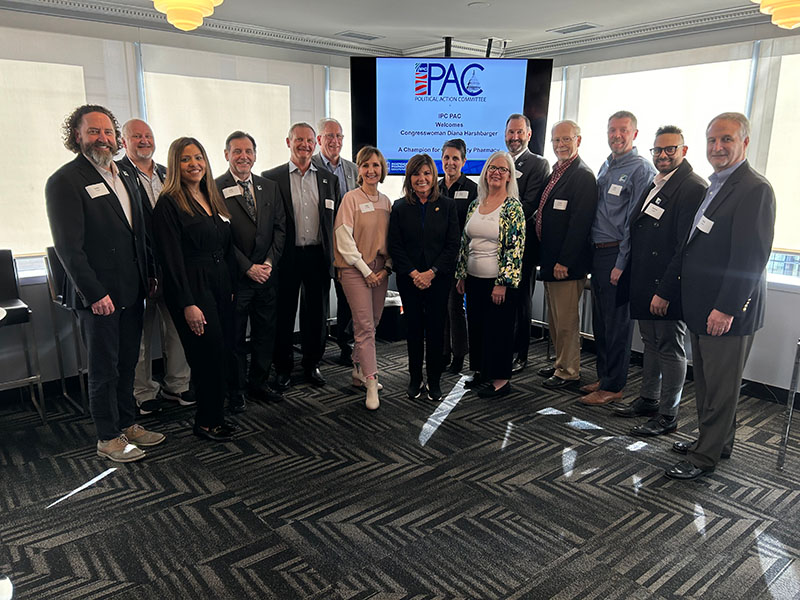
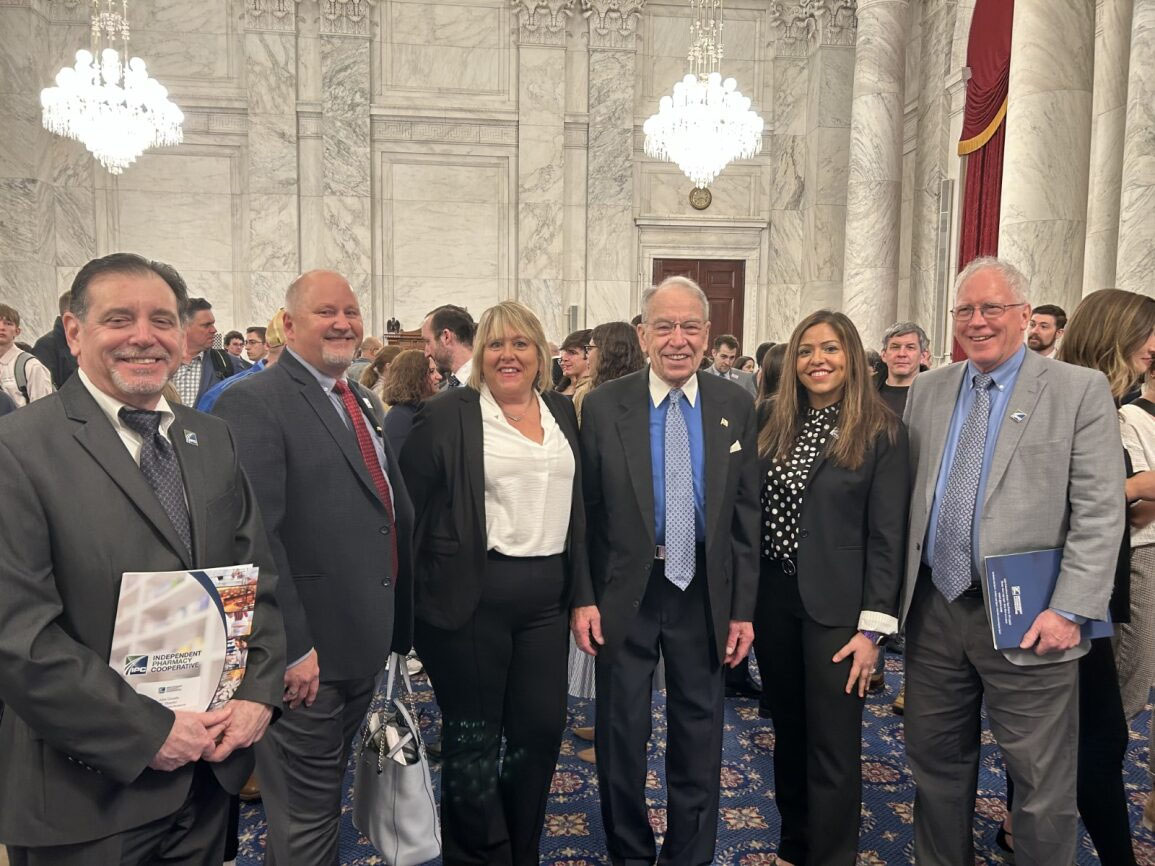
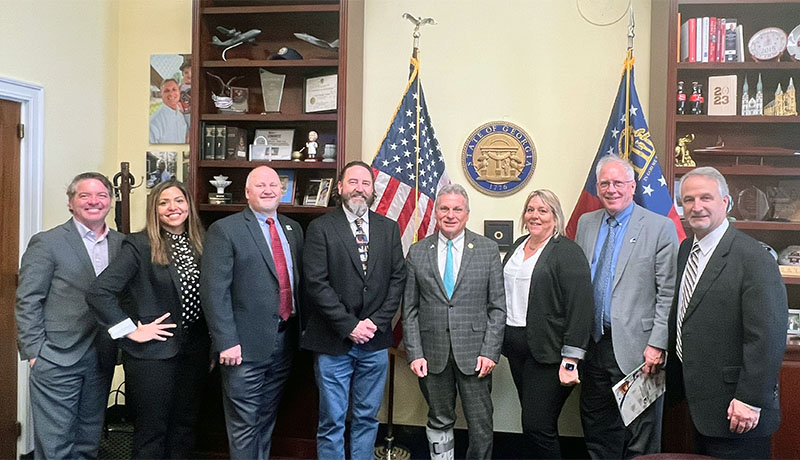

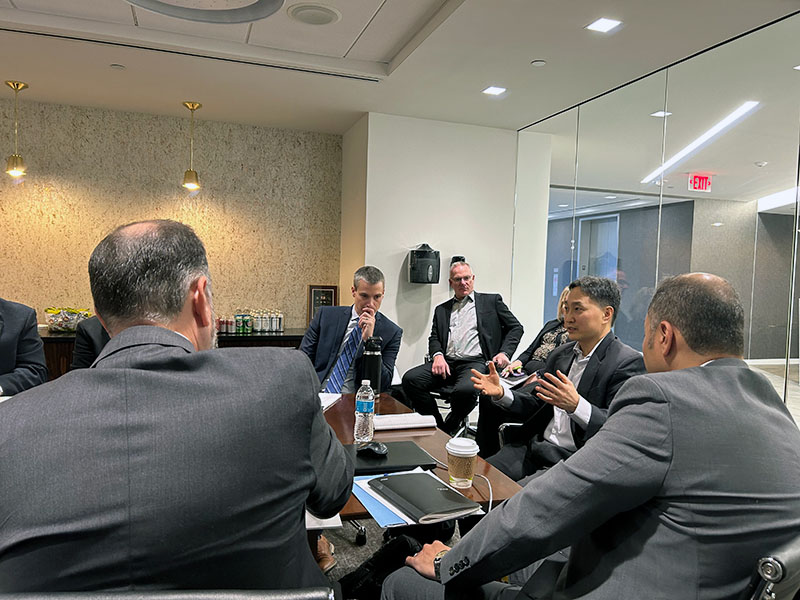




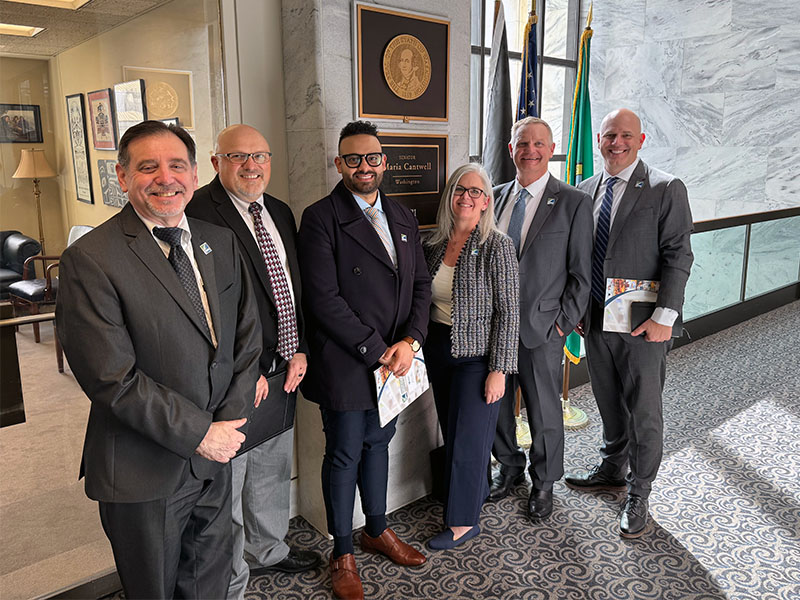

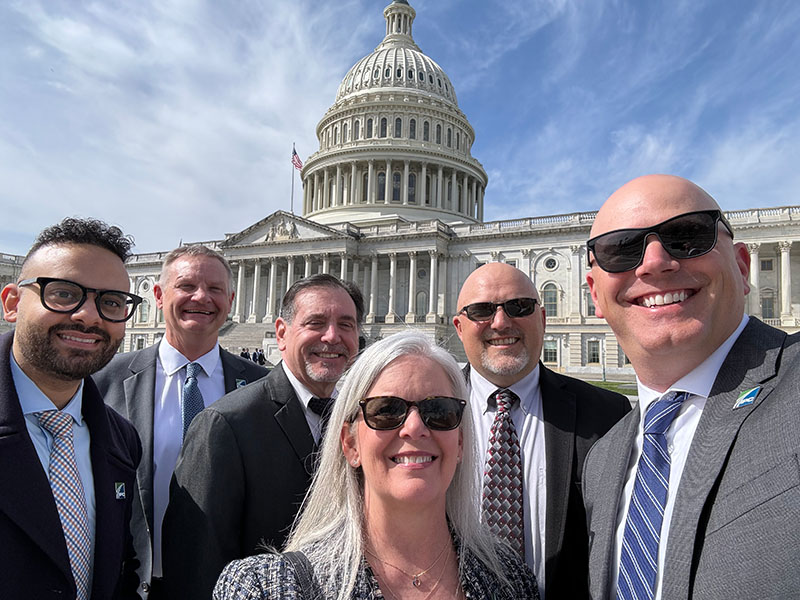
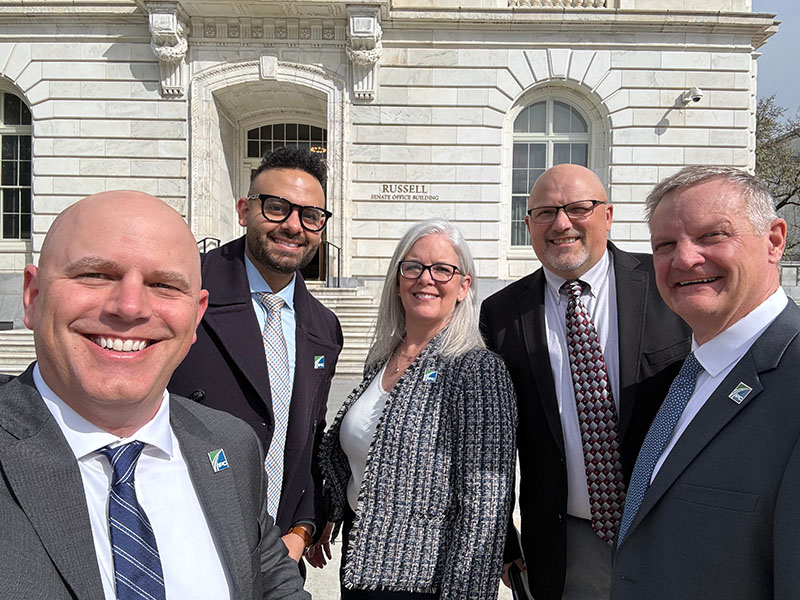
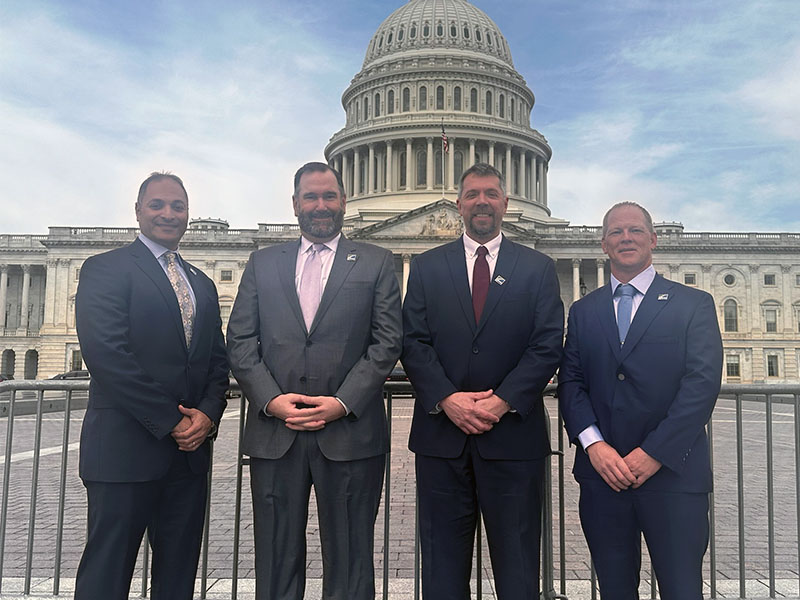
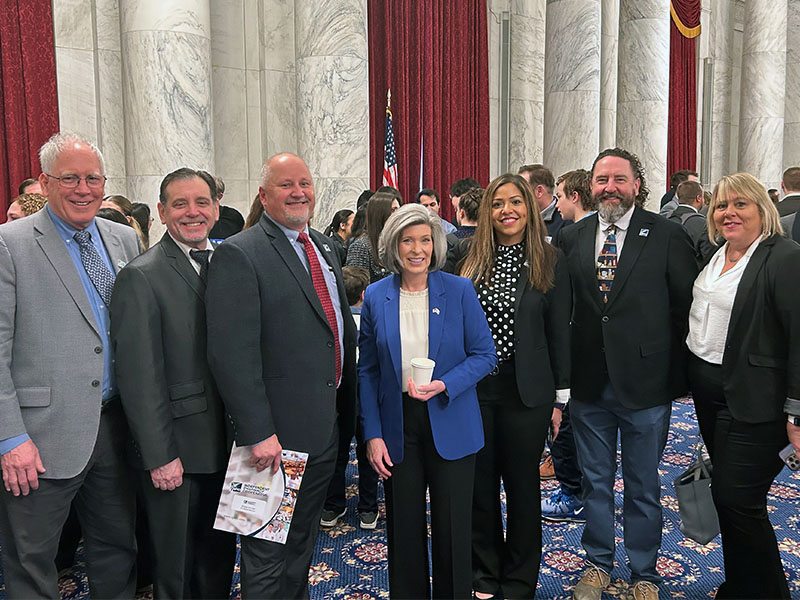
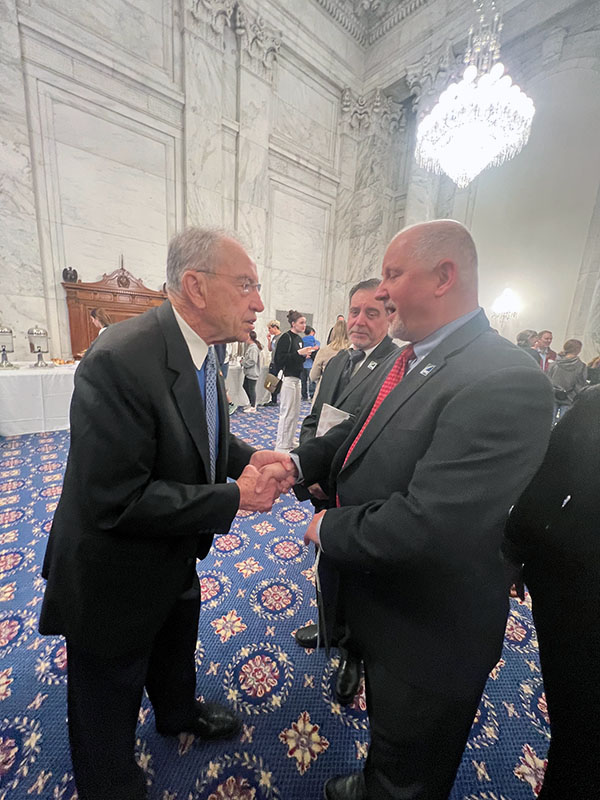
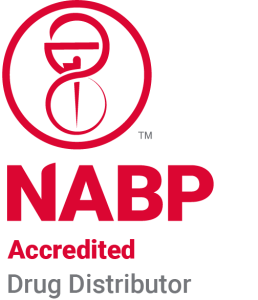
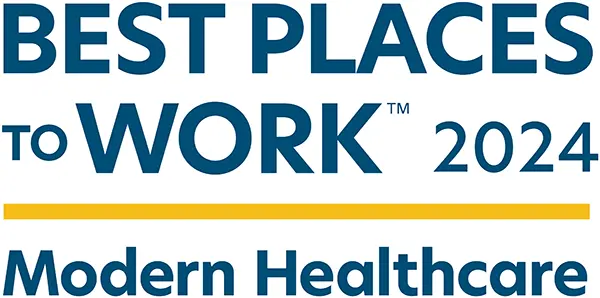





 by
by